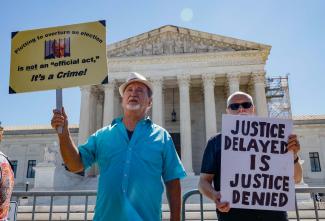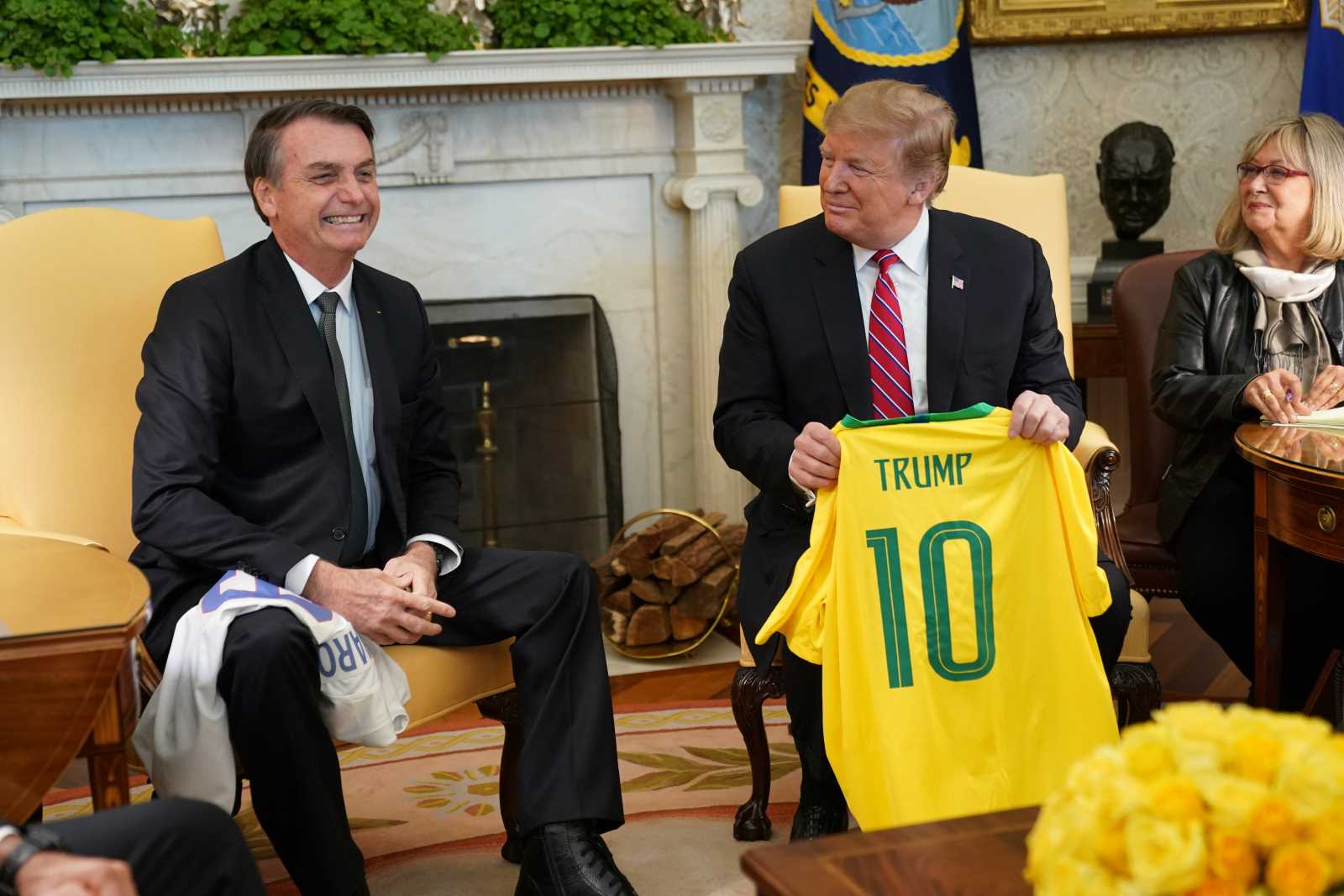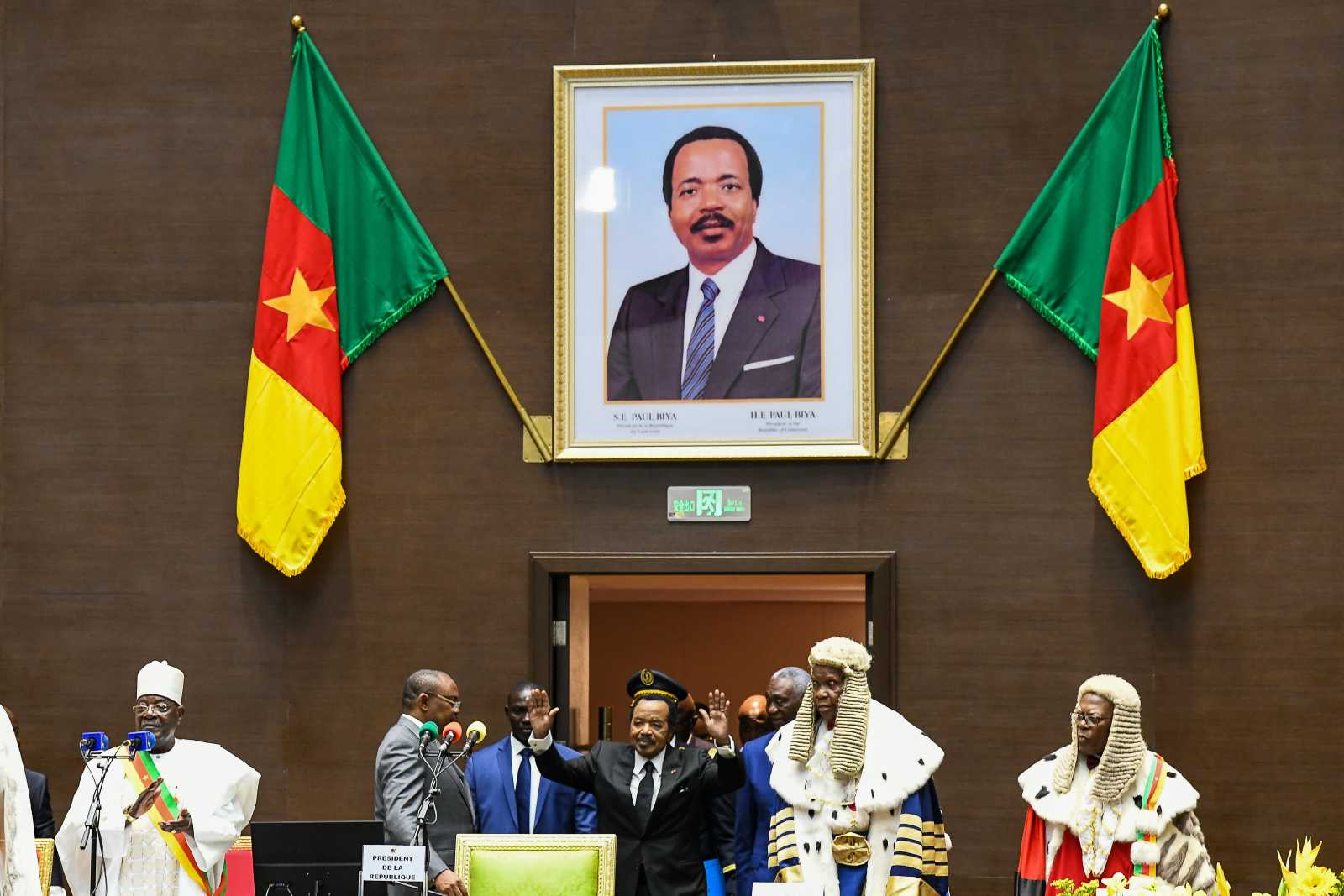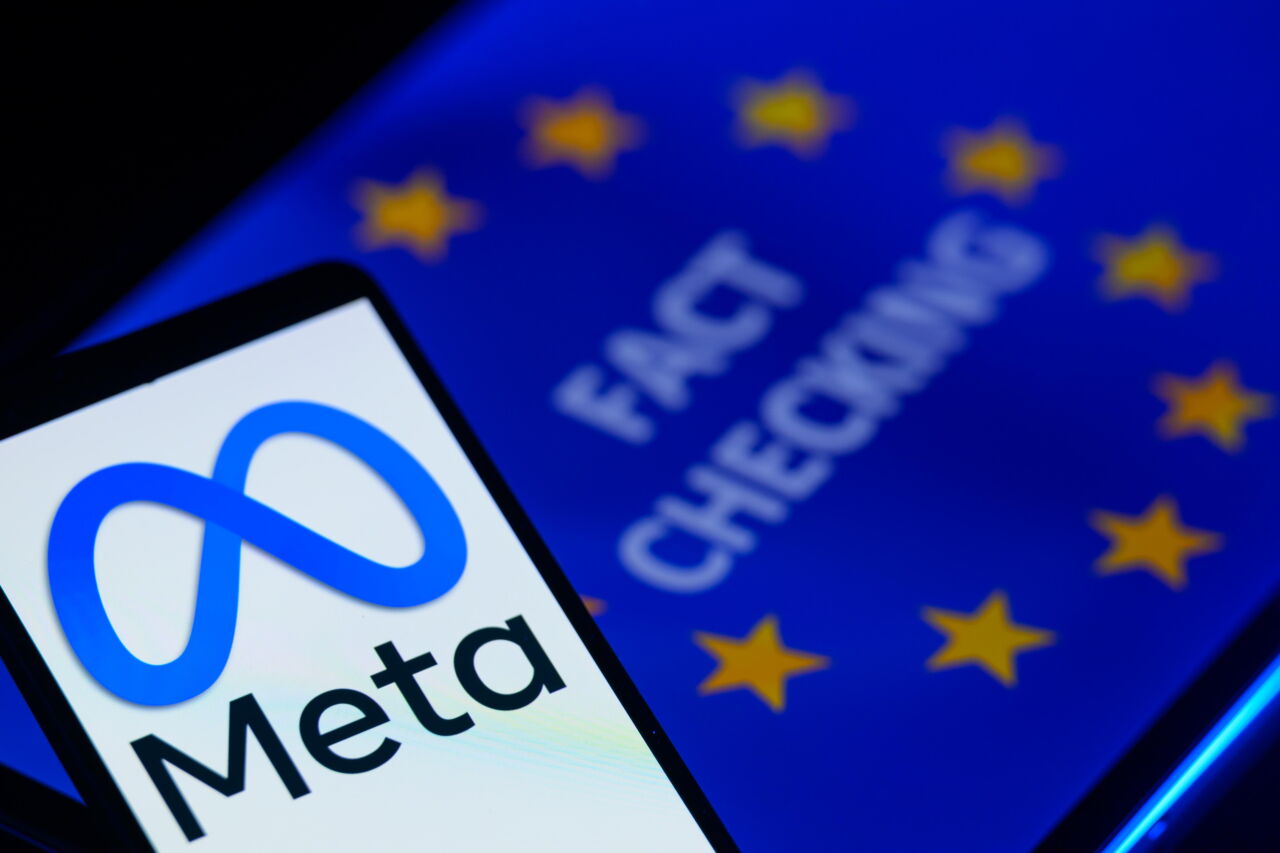Constitutional law
Imagine top judges in Africa or Asia ruling like the US Supreme Court

Elected politicians deserve a limited sense of immunity. In Germany, members of the Bundestag, the national parliament, can only be prosecuted and tried after the Bundestag suspends their immunity. This rule protects them from arbitrary legal harassment by the government. If they commit crimes, however, they will still be held accountable by law courts as soon as the Bundestag confirms that the charges against them are substantial. That is in line with the democratic principle that no one must be above the law.
The US Supreme Court has granted presidents a much stronger kind of immunity. They can never be held legally accountable for official acts. While residual liability remains for acts deemed to be unofficial, the Supreme Court has failed to define the difference precisely. Lower courts will thus have to distinguish official from unofficial and hope that the Supreme Court agrees with their decision. Even if they attempt to put a former president on trial, there will always be the risk that the Supreme Court might overturn any judgement arguing that the action in question was “official”.
This Supreme Court judgement will please anyone with autocratic aspirations. It would be anti-democratic at any time, but at this point in history, it is totally negligent. The Supreme Court was, after all, considering whether legal cases against Donald Trump for trying to overturn the 2020 election and stealing classified documents can go on. Trump’s lawyers had claimed their client deserved immunity.
The Supreme Court did not grant Trump total immunity, but it came close. It even pointed out that it is an official act when a president discusses election results with the vice president. This is bizarre. It is well known, after all, that Trump wanted Vice President Mike Pence to manipulate formal procedures in a way to confirm Trump in office despite having lost the election.
The Supreme Court judgement, moreover, means that it has become even more complicated to put Trump on trial because prosecutors must spell out why they are charging him for an “unofficial act”. The Supreme Court could have dealt with the matter months ago but wasted a lot of time. It is now virtually impossible to sentence the coup leader before the next election in which he is running. Brazil’s judiciary did a much better job of barring former president Jair Bolsonaro, like Trump a right-wing authoritarian, from public office after extremists stormed government buildings including the presidential palace in early 2023.
North American authors have done a good job of elaborating why the Supreme Court judgement is deeply problematic. They include Laurence H. Tribe in the Guardian, Pema Levy and Ian Millhiser.
Individual judges lack full legitimacy
It is worth pointing out, moreover, that six of the nine Supreme Court justices who voted in favour of Trump’s far-reaching immunity were nominated by Trump himself. That looks like cronyism. And that is especially true because every single one of these three nominations was unusually controversial.
Trump could only nominate the first one because his Republican party’s Senate majority had kept a Supreme Court seat vacant for nine months in the final year of President Barack Obama’s second term. Republican senators refused to even consider Obama’s nominee, arguing that it would be undemocratic to confirm a nominee in an election year. Four years later, they nonetheless rushed through the approval of Trump’s third nominee a few days before the 2020 election, when early voting had already begun. They did so when it looked likely that Trump would lose. Accordingly, the legitimacy of those two Trump nominees, Neil Gorsuch and Amy Coney Barrett, is dented.
The reputation of the third one, Brett Kavanaugh, has suffered as well. He was accused of sexual abuse, and the matter was not satisfyingly dealt with in the appointment procedures. As a matter of fact, that is equally true of Clarence Thomas, who was nominated by President George Bush Sr in 1991.
Let’s not forget that Trump became president despite having lost the popular vote in the 2016 election. He thus nominated Supreme Court justices on behalf of only a minority of voters. A fourth Supreme Court justice, Samuel Alito, moreover, was appointed by President George Bush Jr during his first term, when he had not won the popular vote either.
There is more. The wives of Thomas and Alito are known for supporting Trump. That implies that these two judges do not appear to be as impartial as they should be. According to legal conventions, they should have recused themselves from cases involving Trump. Instead of letting the other justices decide without participating, however, both voted in favour of Trump’s immunity.
The smell of corruption
It is similarly striking that Thomas and Alito are on record for going on luxury trips that super-rich individuals invited them to. Accepting favours from multi-millionaires smells of corruption. However, the conservatives on the court deny there is a problem. Indeed, they recently passed a judgement in the case Snyder v. United States. According to it, bribes are only illicit if paid before an official act or decision. If it is paid later, it is merely a sign of personal gratitude and legally irrelevant. The basic idea is that only a favour handed out before an act or decision can have any impact on the act or decision. The conservative-dominated Supreme Court, of course, has ruled in favour of plutocratic interests several times.
Imagine the Supreme Court of Pakistan, Kenya or Malawi deciding like the US Supreme Court. These are the kind of judgements expected of courts in countries marked by corruption and cronyism.
There is no reason why we should see the USA in any different light than we would Pakistan, Kenya or Malawi. The full truth is that the Supreme Courts of Pakistan, Kenya and Malawi have a track record of strengthening democracy, while the US Supreme Court is undermining it.
Hans Dembowski is the editor-in-chief of D+C/E+Z.
euz.editor@dandc.eu














